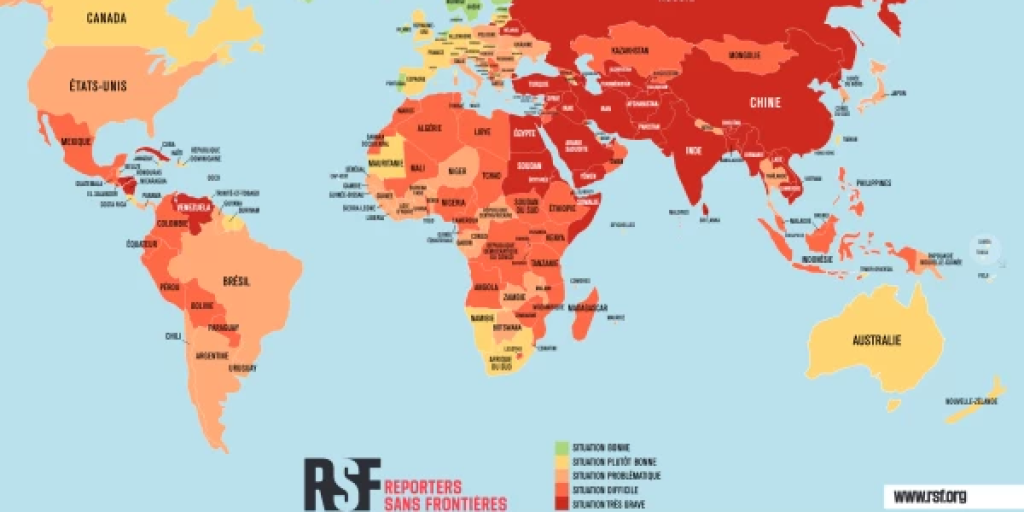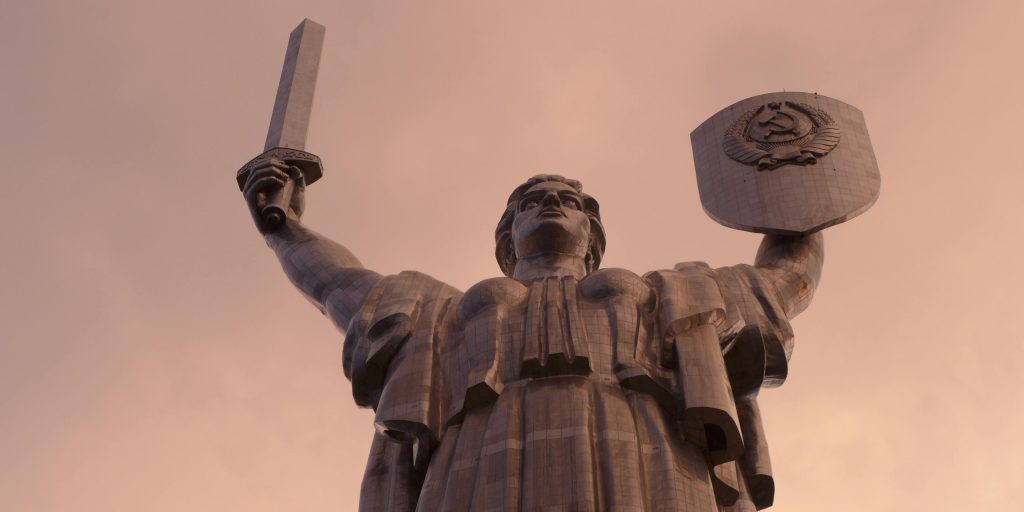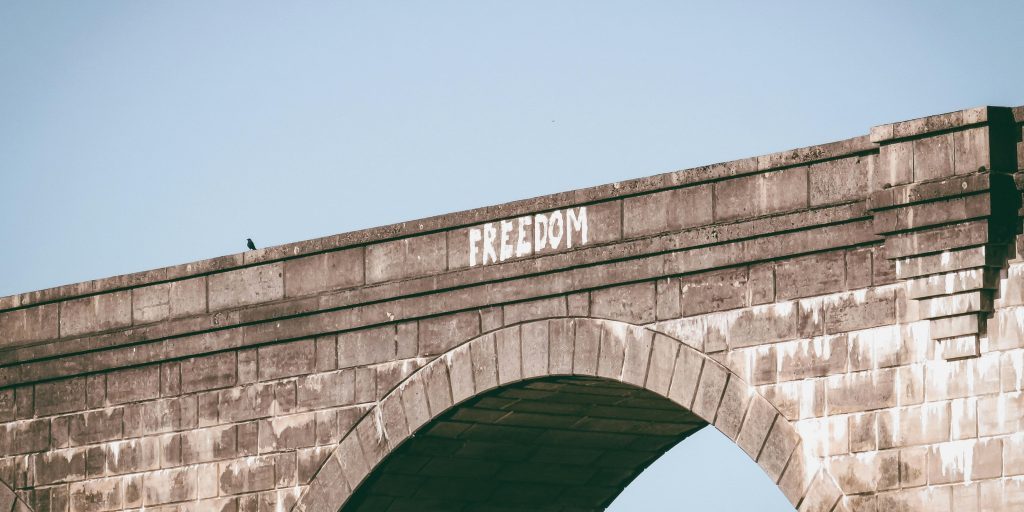Governments fail media: 2024 ‘World Press Freedom Index’
Reporters Without Borders
Press freedom around the world is being threatened by the very people who should be its guarantors – political authorities.
This is clear from the latest annual World Press Freedom Index produced by Reporters Without Borders (RSF).
This finding is based on the fact that, of the five indicators used to compile the ranking, it is the political indicator that has fallen most, registering a global average fall of 7.6 points. The other indicators are social, legislative, economic and security.
A growing number of governments and political authorities are not fulfilling their role as guarantors of the best possible environment for journalism and for the public’s right to reliable, independent and diverse news and information.
RSF sees a worrying decline in support and respect for media autonomy and an increase in pressure from the state or other political actors
At the international level, this year is notable for a clear lack of political will on the part of the international community to enforce the principles of protection of journalists, especially UN Security Council Resolution 2222 on the Protection of Journalists, adopted on 27 May 2015 in New York. It was the second such Resolution adopted by the body after the earlier Resolution 1738 as adopted on 23 December 2006.
In its Resolutions, the Security Council ‘underscored the urgency and importance of the protection of journalists, condemned all abuses and violations committed against journalists, including killings, kidnappings and hostage taking’.
It stressed that
impunity for crimes committed against journalists, media professionals and associated personnel in armed conflict remains a significant challenge to their protection and that ensuring accountability for crimes committed against them is a key element in preventing future attacks
Resolution 2222 called for the unconditional release of journalists taken hostage, urged governments to ensure accountability for crimes against media professionals and, for the first time, affirmed that ‘UN peacekeeping and special political missions, where appropriate, should include in their mandated reporting information on specific acts of violence against journalists, media professionals and associated personnel in situation of armed conflict’.
The war in Gaza has been marked by a record number of violations against journalists and the media since October 2023. More than 100 Palestinian reporters have been killed by the Israel Defence Forces, including at least 22 in the course of their work. (See an update from the Committee to Protect Journalists here.)
Occupied and under constant Israeli bombardment, Palestine is ranked 157th out of 180 countries and territories surveyed in the overall 2024 Index, but it is ranked among the last 10 with regard to security for journalists.
The overall decline in the political indicator has also affected the trio at the top of the Index. Norway, still in first place, has seen a fall in its political score, and Ireland (8th), where politicians have subjected media outlets to judicial intimidation, has ceded its leading position in the European Union to Denmark (2nd), followed by Sweden (3rd).
The three Asian countries at the bottom of 2023’s Index – Vietnam, China and North Korea – have ceded their positions to three countries whose political scores have plummeted: Afghanistan (down 44 in the political ranking), which has persecuted journalists incessantly since the Taliban returned to power; Syria (down eight in the political ranking), and Eritrea (down nine in the political ranking), which is now last in both the political and overall rankings. The last two countries have become lawless zones for the media, with a record number of journalists detained, missing or held hostage.
South Africa, says the Index, guarantees press freedom and has a well-established culture of investigative journalism, although ‘in recent years, journalists have often been subjected to verbal attacks from political leaders and activists’. This is shown in a regression on the Index from a score of 78.6 in 2023 to 73.73 in 2024.
The country is in a better position than most other African countries where media regulators are often under extreme pressure, unlike the Press Council of South Africa.
Other countries in the region have continued to use the method of manipulating media regulators – whose members often support the political authorities or follow their orders – to suspend media without reference to any judge. An example is Togo (113th), where, against the backdrop of parliamentary elections, the High Authority for Broadcasting and Communication often took arbitrary or disproportionate measures against the media and journalists.
Read the full Africa Index here.




